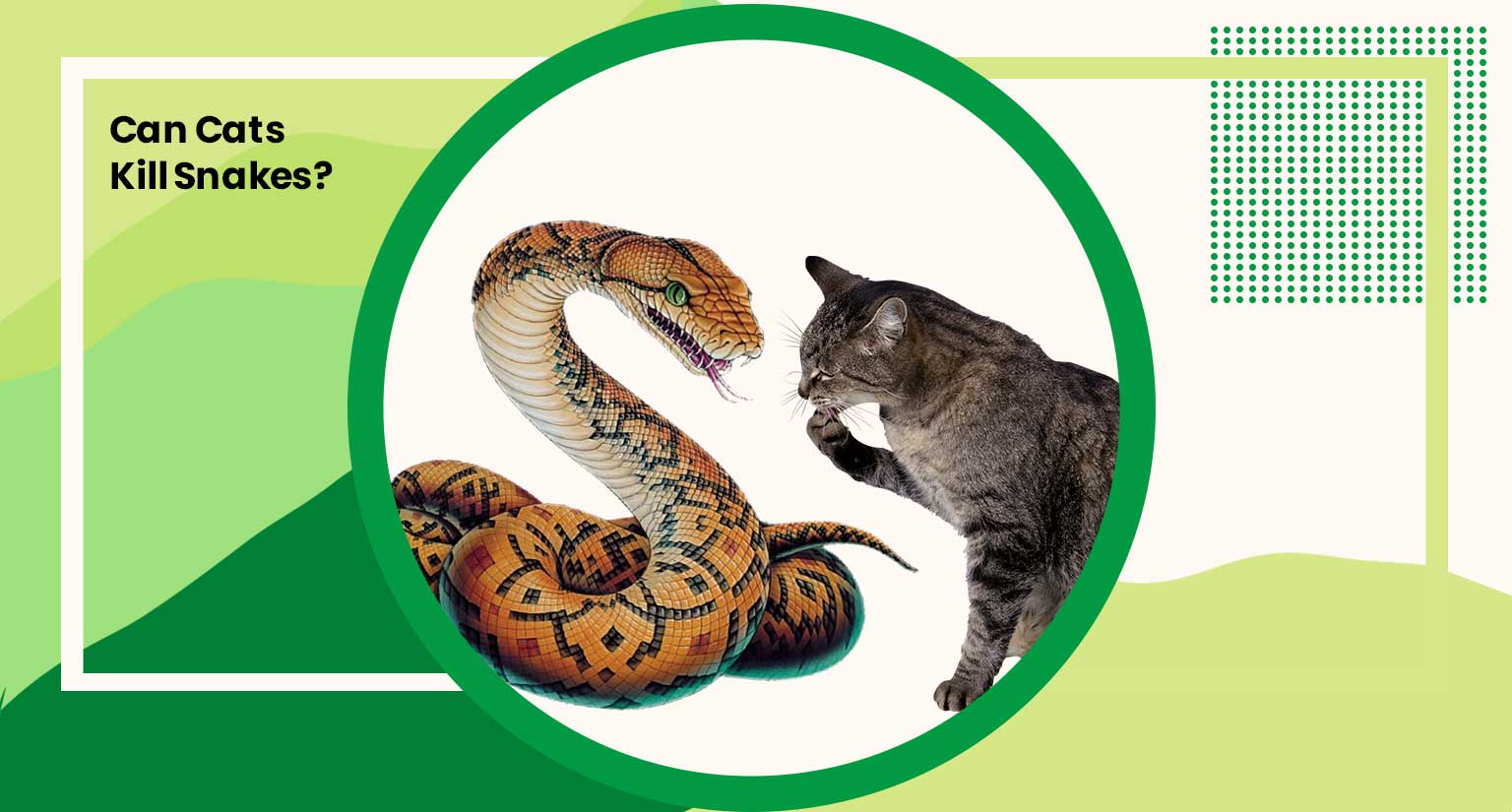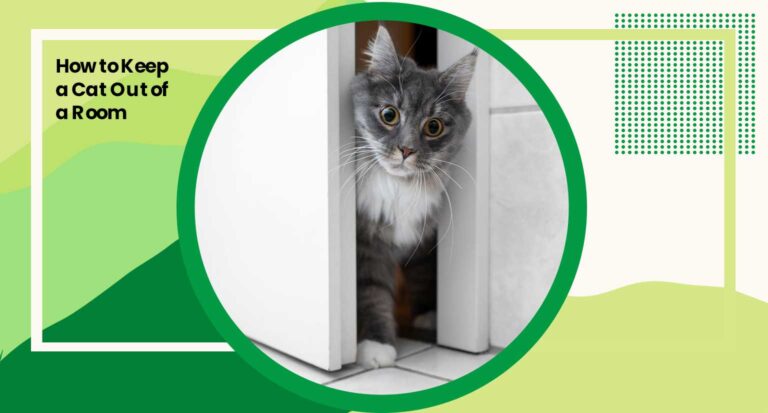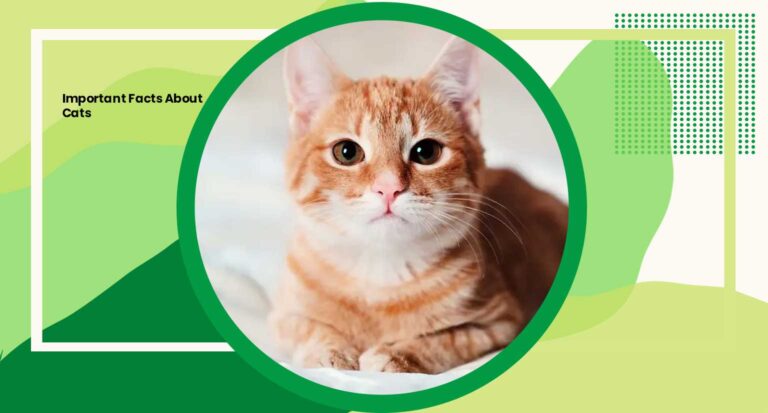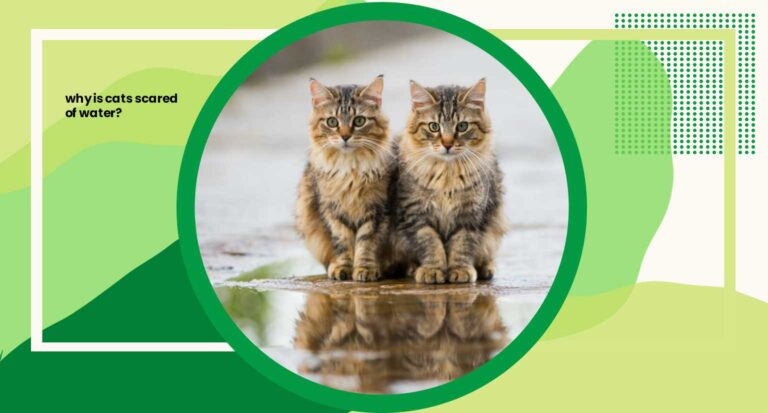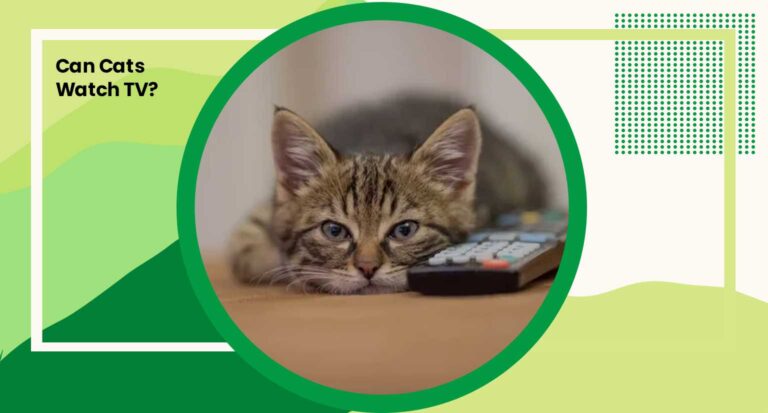Can Cats Kill Snakes?
Can cats kill snakes? This question has intrigued many cat owners and wildlife enthusiasts.
In this article, we will explore the fascinating world of feline hunters and their ability to take on these slithering reptiles.
Let’s delve into the captivating realm of cats and their encounters with snakes.
Are Snakes Afraid of Cats?
It’s a common belief that snakes are afraid of cats, but the reality is a bit more complex.
While cats are natural hunters and can pose a threat to smaller creatures, whether snakes are truly afraid of them depends on various factors.
Size Matters
Larger snakes are generally less concerned about cats. They may see a domestic cat as a potential predator or competitor but are not necessarily afraid.
Smaller snakes, on the other hand, are more likely to be intimidated by a cat’s presence.
Cat’s Behavior
The behavior of the cat also plays a significant role. Cats are known for their curiosity and hunting instincts. If a cat encounters a snake, it may pounce, hiss, or attempt to play with it, which can unsettle the snake.
In such cases, the snake might react defensively.
Venomous vs. Non-Venomous Snakes
Venomous snakes, especially those found in certain regions of the United States, may pose a risk to cats. A snake feeling threatened may strike at the cat.
Conversely, non-venomous snakes are more likely to attempt to escape when confronted.
Location and Habitat
The type of snake and the location of the encounter also matter.
In regions where snakes are more common, cats may be more accustomed to their presence and less likely to be afraid.
Instinctual Responses
Cats have an innate sense for danger, and they can often detect the scent and movement of snakes.
This ability can lead to a cautious approach when encountering a snake, even if the cat has never seen one before.
It’s not accurate to say that all snakes are uniformly afraid of cats. The reaction of a snake in the presence of a cat can vary widely based on factors like size, behavior, venomous nature, and the specific circumstances of the encounter.
Can Cats Kill Snakes?
The notion of cats as formidable snake hunters has captured the imagination of many, but can they truly take on these slithering reptiles?
Let’s explore the abilities and behaviors that make cats potential snake hunters.
Hunting Instinct
Cats are natural hunters. Their keen sense of sight, smell, and sound, along with sharp claws and teeth, equips them to be effective predators.
When a cat encounters a snake, its hunting instincts may kick in.
Size Matters
Cats can successfully hunt and kill snakes, particularly those that are smaller and non-venomous.
A cat’s agility and speed give it an advantage when dealing with these reptiles.
Self-Defense
In some cases, a cat may perceive a snake as a potential threat and attack it as an act of self-defense.
Cats often hiss, arch their backs, and make themselves look larger when they feel threatened.
Experience Matters
A cat’s prior experience with snakes can also influence its ability to deal with them. Cats that have encountered snakes before may exhibit more confidence and skill in hunting or deterring them.
Caveats for Venomous Snakes
While cats can take on non-venomous snakes, the scenario changes when it comes to venomous ones.
Encounters with venomous snakes can pose a significant risk to cats. In such cases, it’s essential for the cat owner to prioritize safety.
Location and Habitat
The likelihood of a cat being able to kill a snake can vary depending on the local snake species and the cat’s familiarity with the environment.
Cats have the potential to kill snakes, particularly if the snake is non-venomous and of a manageable size. However, it’s important to recognize that there are risks involved, especially when dealing with venomous snakes.
For snake-related concerns in your area, it’s advisable to consult with local wildlife or animal control experts to ensure the safety of both your cat and local wildlife.
How Could a Snake Affect Your Cat?
While cats are often seen as agile hunters, encounters with snakes can have various implications for your feline friend.
Understanding how a snake could affect your cat is crucial for ensuring your pet’s safety and well-being.
Bite Injuries
If a cat encounters a snake and attempts to play with or attack it, there is a risk of the snake retaliating by biting the cat.
Venomous snake bites can be life-threatening, while non-venomous snake bites may still cause pain, infection, and discomfort for your cat.
Stress and Anxiety
The mere presence of a snake can cause stress and anxiety in cats.
They may become agitated, exhibit defensive behaviors, or even become afraid of the area where the snake was encountered.
Wounds and Infections
Even if a snake is not venomous, bites can lead to puncture wounds and infections.
Cats have sharp claws and teeth, and their interactions with snakes may result in injuries that require medical attention.
Psychological Effects
A cat’s encounter with a snake can have lasting psychological effects.
They may become wary of exploring the outdoors, which could impact their quality of life.
Health Concerns
In regions where venomous snakes are prevalent, cat owners should be vigilant.
Venomous snake bites can cause severe health issues, including tissue damage and systemic reactions.
Preventive Measures
To protect your cat, it’s essential to be aware of the types of snakes in your area and take appropriate preventive measures, such as keeping your cat indoors or supervising outdoor excursions.
Cats can potentially take on snakes, there are risks involved, particularly when dealing with venomous species.
Understanding the potential effects of snake encounters on your cat and taking necessary precautions can help ensure the safety and well-being of your feline companion.
Do Cats Naturally Hate Snakes?
Cats and their relationship with snakes have been the subject of curiosity for many, with the belief that cats naturally harbor a dislike or even hatred for these slithering reptiles.
Let’s explore the nuances of this intriguing dynamic.
Instinctual Responses
Cats have a well-developed hunting instinct, and they are often attracted to the movements and sounds of smaller creatures, including snakes.
This attraction isn’t necessarily born out of hatred but rather an instinct to investigate potential prey.
Variability in Reactions
Cats’ reactions to snakes can vary widely.
Some cats may be naturally cautious and wary of snakes, while others might approach them with curiosity or even indifference.
Learning from Experience
A cat’s reactions to snakes can be influenced by past encounters.
If a cat has had a negative experience with a snake, it may become more cautious or fearful in the future.
Self-Defense Instinct
When cats perceive a snake as a threat, they may exhibit defensive behaviors.
This can include hissing, arching their backs, and attempting to fend off the snake. It’s not necessarily a sign of hatred but rather a response to a potential danger.
Prey vs. Predator
The relationship between cats and snakes can depend on the specific species of snake and the cat’s size.
Smaller non-venomous snakes may be seen as potential prey, while larger or venomous snakes are more likely to be regarded as a threat.
While cats may not “hate” snakes, they may have a cautious or defensive response when they encounter them.
Understanding these dynamics can help cat owners better manage their pets in snake-prone areas.
Do Cats Naturally Hate Snakes?
The relationship between cats and snakes has long been a subject of fascination.
While it’s not accurate to say that cats “hate” snakes, there are several factors that contribute to their interactions with these reptiles.
Instinctual Responses
Cats have strong hunting instincts. When they encounter a snake, their natural curiosity and predatory nature may lead them to investigate the snake.
This response is not driven by hatred but by an inborn desire to explore potential prey.
Varied Reactions
Cats’ responses to snakes can vary widely among individuals.
Some cats may show caution and wariness, while others might approach snakes with curiosity.
These reactions are influenced by the cat’s personality, previous experiences, and their unique perception of the snake.
Learning from Experience
A cat’s interactions with snakes can be shaped by past encounters.
If a cat has had a negative experience with a snake, it may develop a sense of caution or even fear towards them.
Self-Defense Mechanism
Cats, when they perceive a snake as a potential threat, may exhibit defensive behaviors.
This can include hissing, arching their backs, and trying to ward off the snake. It’s a reaction rooted in self-preservation rather than hatred.
Prey vs. Predator
The specific dynamics between cats and snakes can depend on the size and species of the snake.
Smaller, non-venomous snakes might be viewed as potential prey, while larger or venomous snakes are more likely to be seen as adversaries.
It’s not a matter of cats hating snakes. Their responses to snakes are influenced by their instincts, experiences, and the specific circumstances of each encounter.
Do Cats Fear Snakes?
Cats and their encounters with snakes often evoke questions about the feline response to these reptiles.
The perception of whether cats fear snakes is a multifaceted one, influenced by various factors.
Instinctual Cautiousness
Cats have a natural instinct to be cautious around potential threats, which includes snakes. This instinct isn’t necessarily driven by fear but rather by a survival mechanism to assess and respond to unfamiliar or potentially dangerous situations.
Varied Reactions
Cats’ responses to snakes can vary from one cat to another.
Some cats may show clear signs of fear when confronted with a snake, while others may exhibit curiosity, aggression, or even indifference.
These reactions are influenced by the cat’s personality and past experiences.
Size and Species Matter
The size and species of the snake in question can influence a cat’s reaction.
Smaller non-venomous snakes may trigger a more curious response, while larger or venomous snakes may induce fear or a defensive reaction in cats.
Learning from Experience
A cat’s previous encounters with snakes can shape its reaction.
If a cat has had a negative experience with a snake, it may develop a sense of fear or heightened caution when encountering them in the future.
Self-Defense Behaviors
When a cat perceives a snake as a threat, it may display self-defense behaviors such as hissing, arching its back, or attempting to keep a safe distance.
These actions are not solely driven by fear but also by the desire to protect themselves.
It’s not accurate to say that all cats inherently fear snakes, their reactions are influenced by a combination of instincts, individual temperament, prior experiences, and the specific circumstances of each encounter.

